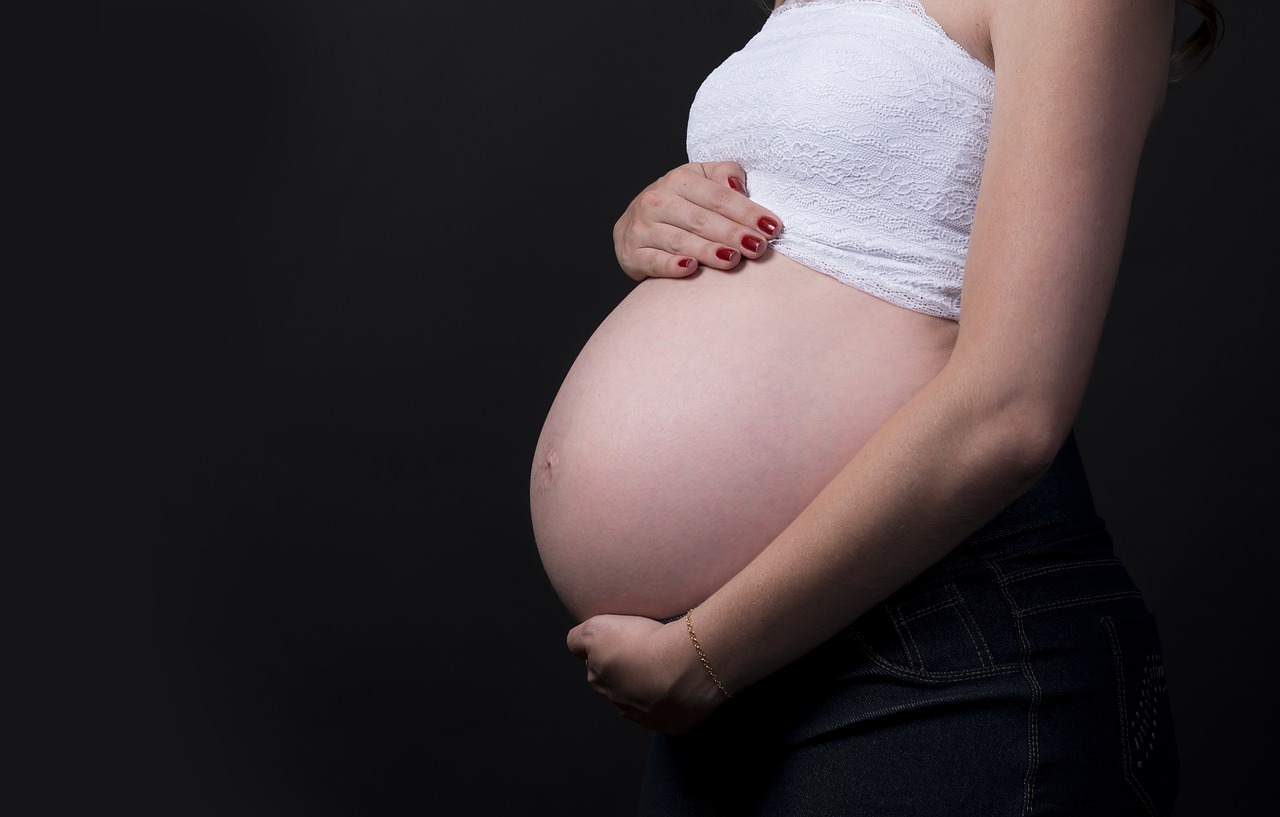When considering how long after sex you should take a pregnancy test, timing is crucial for accurate results. Understanding the workings of pregnancy tests is essential in determining the optimal time for testing. Pregnancy tests detect the presence of a hormone called human chorionic gonadotropin (hCG) in urine or blood, which is produced when a fertilized egg implants in the uterus. These tests can provide accurate results as early as a few days after conception.
For the most reliable results, it is advisable to wait at least one week after unprotected sex before taking a pregnancy test. Early detection tests, designed to detect lower levels of hCG, can provide results sooner but may be less accurate than standard tests. Standard pregnancy tests are recommended for more reliable results and should be taken about one week after a missed period.
Various factors can affect the accuracy of a pregnancy test, including the timing in your menstrual cycle. Menstrual cycle variations can influence when implantation occurs, affecting the detection of hCG in the body. Understanding your cycle and tracking ovulation can help determine the best time to take a pregnancy test for accurate results.

Understanding Pregnancy Tests
When it comes to understanding pregnancy tests, it’s essential to grasp how these tests function to accurately detect pregnancy. Pregnancy tests work by detecting a hormone called human chorionic gonadotropin (hCG) in urine or blood. This hormone is produced by the placenta after a fertilized egg attaches to the uterine lining. The presence of hCG in the body indicates pregnancy, and the levels of this hormone increase rapidly in the early stages of pregnancy.
For accurate results, it is crucial to consider the timing of taking a pregnancy test. While some tests claim to provide early detection shortly after intercourse, it’s important to note that the accuracy of these tests may vary. Early detection tests are designed to detect lower levels of hCG, allowing for testing earlier than standard tests. However, it’s recommended to wait until after a missed period for more reliable results.
Standard pregnancy tests are typically more accurate when taken a week after a missed period. Taking the test too early may result in a false negative, as hCG levels may not be high enough to be detected. Waiting until the body has had time to produce sufficient levels of hCG increases the likelihood of obtaining an accurate result.

Timing for Accuracy
When it comes to taking a pregnancy test for accurate results after engaging in unprotected sex, timing is crucial. Understanding when to take the test can significantly impact its reliability. Let’s delve into the specifics to ensure you make the right decision at the right time.
Here are some key points to consider when determining the timing for accuracy:
- Wait for the Right Moment: It’s essential to wait for an appropriate amount of time after having unprotected sex before taking a pregnancy test. Acting too soon may lead to false negatives.
- Early Detection Tests: Some pregnancy tests are designed for early detection, allowing you to test even before your missed period. However, these tests may be less accurate than standard ones.
- Standard Tests: For the most reliable results, it’s recommended to wait until after your missed period to take a standard pregnancy test. This waiting period ensures the test has enough time to detect the pregnancy hormone, hCG.
By understanding the different types of pregnancy tests available and the ideal timing for each, you can increase the accuracy of your results. Remember, patience is key when it comes to taking a pregnancy test to avoid any potential confusion or misinterpretation of the results.

Early Detection Tests
When it comes to early detection tests for pregnancy, they offer the possibility of detecting pregnancy sooner than standard tests. These tests are designed to detect lower levels of the pregnancy hormone hCG, which allows for early identification of pregnancy even before a missed period. Here are some key points to consider about early detection tests:
- High Sensitivity: Early detection tests are highly sensitive and can detect hCG levels as low as 20mIU/ml, enabling early detection of pregnancy.
- Early Testing: These tests can be taken as early as 6-8 days after ovulation, which is typically around a week before your expected period.
- Accuracy: While early detection tests are sensitive, it’s essential to note that testing too early can sometimes lead to false negatives due to low hCG levels in the early stages of pregnancy.
- Instructions: It’s crucial to follow the instructions provided with the test kit carefully to ensure accurate results. Using morning urine, which is more concentrated, is often recommended for early detection tests.
- Reliability: While early detection tests can provide quick results, it’s advisable to confirm the results with a standard pregnancy test a few days after a missed period for increased reliability.
Overall, early detection tests can offer a glimpse into the possibility of pregnancy at an early stage, providing individuals with valuable insights and the chance to plan ahead. However, it’s essential to balance the excitement of early testing with the understanding that waiting a bit longer can sometimes yield more accurate results.

Standard Pregnancy Tests
When it comes to standard pregnancy tests, timing is crucial for accurate results. These tests are designed to detect the presence of the hormone hCG in the urine, which is produced during pregnancy. For the most reliable results, it is recommended to wait at least one week after a missed period before taking a standard pregnancy test. This waiting period allows the hCG levels to rise to a detectable amount, increasing the test’s accuracy.
Standard pregnancy tests are typically most effective when taken in the morning when the urine is more concentrated, providing a higher concentration of hCG if present. Following the instructions provided with the test kit is essential to ensure proper usage and interpretation of the results. It is important to note that taking a pregnancy test too early can result in a false negative, leading to confusion and potential misinterpretation of the results.

Factors Affecting Test Accuracy
When it comes to the accuracy of pregnancy tests, several factors come into play that can influence the reliability of the results. Understanding these factors is crucial to ensure that the test results are as accurate as possible. Let’s delve into the key elements that can affect the accuracy of a pregnancy test:
- Timing of Test: The timing of taking a pregnancy test is essential for accurate results. Testing too early or too late can lead to false negatives or positives. It is recommended to wait until you have missed your period before taking a test for the most reliable outcome.
- Quality of the Test: The quality of the pregnancy test used can also impact its accuracy. Cheaper or expired tests may not provide as reliable results as higher-quality, well-maintained tests. It is advisable to opt for reputable brands for better accuracy.
- Human Error: Human error, such as misreading the instructions, using the test incorrectly, or misinterpreting the results, can significantly affect the accuracy of the test. It is crucial to carefully follow the instructions provided with the test to ensure accurate results.
- Medications and Medical Conditions: Certain medications and medical conditions can interfere with the results of a pregnancy test. It is important to consult a healthcare provider if you are taking any medications or have conditions that could impact the test results.

Menstrual Cycle Variations
When it comes to , understanding how your cycle works is crucial in determining the best time to take a pregnancy test. The length of your menstrual cycle plays a significant role in this process. For individuals with regular cycles, which typically last between 21 to 35 days, pinpointing the ideal time for testing becomes more manageable. However, those with irregular cycles may find it challenging to predict the precise timing for accurate results.
Moreover, the variability in ovulation timing within each menstrual cycle can further complicate the situation. Ovulation does not always occur at the same point in the cycle for every individual, making it essential to track ovulation patterns to increase the chances of taking a pregnancy test at the most opportune moment.
Factors such as stress, illness, or changes in lifestyle can also influence menstrual cycle regularity, potentially leading to unexpected delays or early periods. These variations can impact the reliability of a pregnancy test, prompting the need for careful consideration and monitoring of cycle changes before testing.